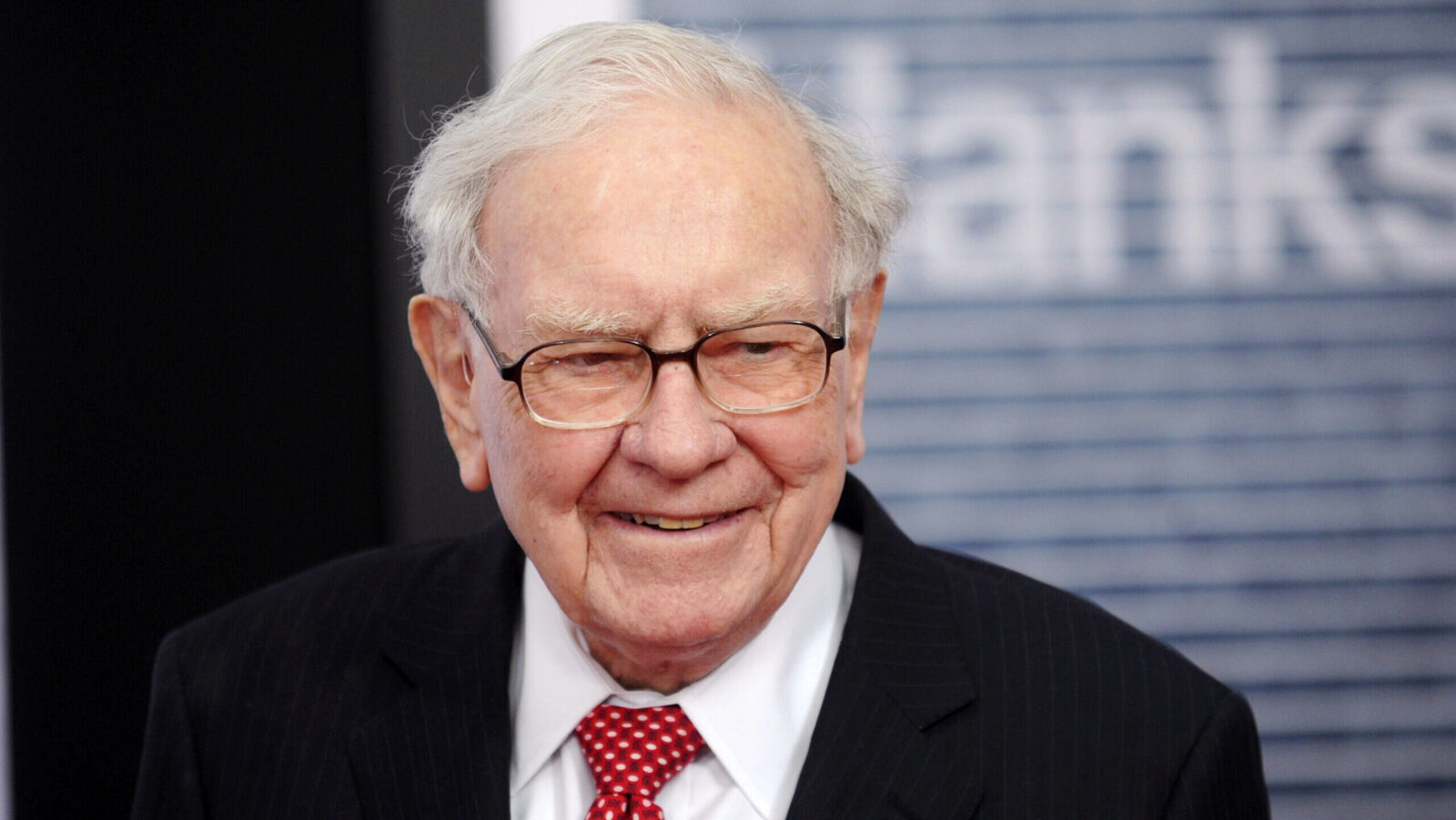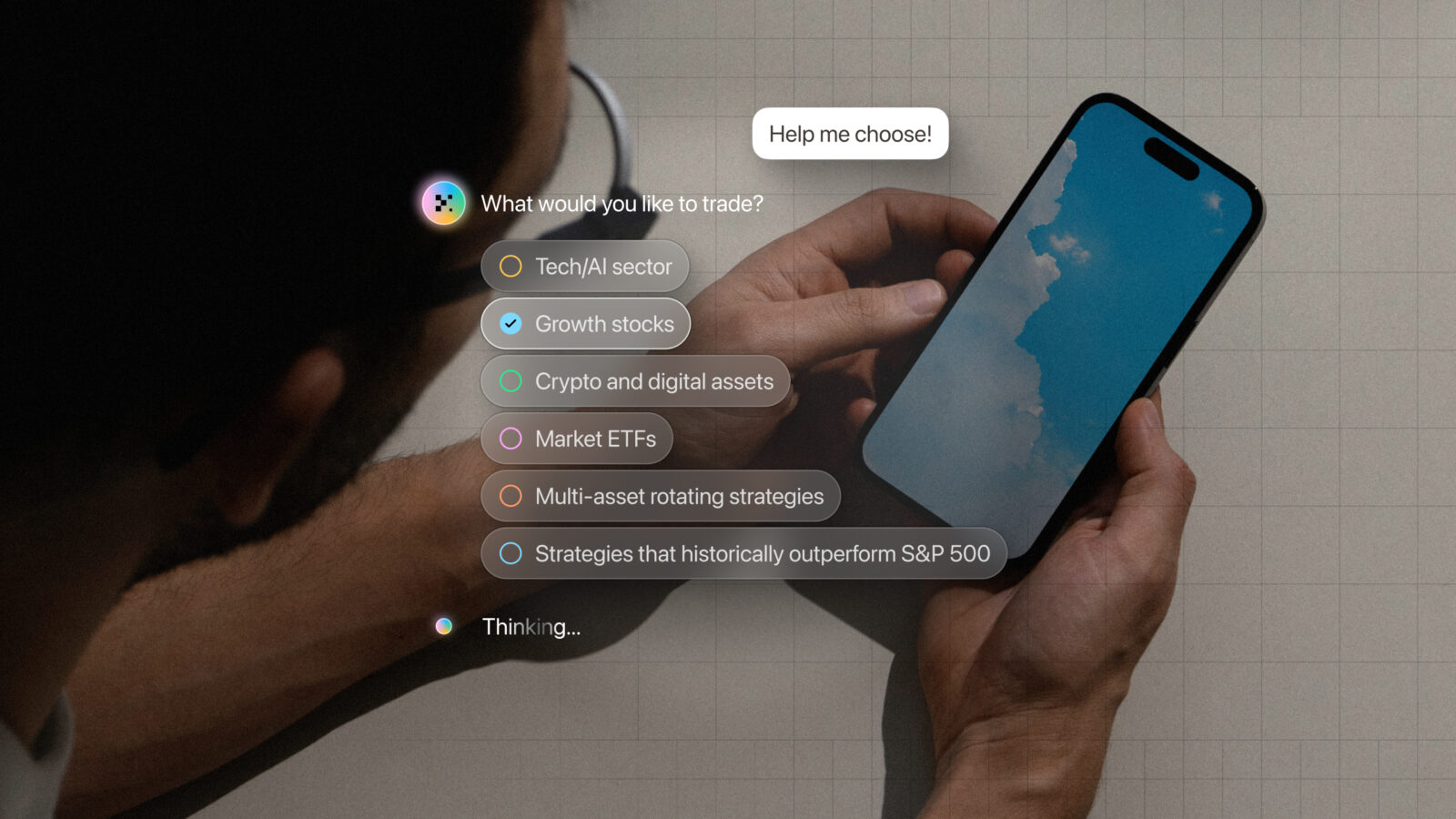Good morning.
Though if you’ve been trying to travel, your morning has probably been the opposite of good.
More than 1,400 flights were canceled on Monday, following 2,600 canceled flights on Sunday, amid the longest government shutdown in US history (which now has a potential end in sight). That represented about 5.5% of all flights in the US, exceeding the 4% cuts planned by the Federal Aviation Administration. By November 14, the agency wants airlines to be canceling 10% of all flights to maximize safety, and it remains unclear whether a deal reached in the US Senate to resume funding the federal government can change that.
On Monday, the FAA moved to “effectively prohibit” all private jet traffic into and out of 12 major US airports. In a press release, the National Business Aviation Association, a lobbying group for the private jet industry, said “this moment underscores the need to reopen the government to serve all Americans.” Whether you’re sipping prosecco on a private flight or sitting in seat 34E on Spirit Airlines, everyone’s feeling the pain.
Retiring Warren Buffett Pledges to Keep Betting on Berkshire Hathaway

“To my surprise, I generally feel good,” Berkshire Hathaway’s 95-year-old CEO, Warren Buffett, wrote on Monday. “Though I move slowly and read with increasing difficulty, I am at the office five days a week, where I work with wonderful people.”
At the end of the year, the legendary investor will hand the top job at the holdings giant he’s led for six decades to Greg Abel. “I will no longer be writing Berkshire’s annual report or talking endlessly at the annual meeting,” he joked, with typical self-deprecation, in his yearly Thanksgiving message. Modesty, however, has always been part of the strategy at Berkshire, Buffett noted as he laid out steps to support his chosen successor.
Nebraska Hold ’Em
The $1 trillion Berkshire owns almost 200 businesses, including Geico, BNSF railroad, Dairy Queen, Fruit of the Loom and a portfolio of energy and industrial firms. As of last month, it held $283 billion in stocks, including stakes in American Express and Apple, and a record $381.7 billion pile of cash. Because of its diverse holdings, investors and market watchers view Berkshire as an economic bellwether. For Abel, that means stepping into a job that comes with more pressure than a submarine in the Mariana Trench.
As of Monday’s close, Berkshire’s Class A shares have gained 9.7% this year, trailing the S&P 500’s 16.2% climb. Since Buffett announced his plans to step down on May 3, the gap has become even more dramatic: Berkshire has fallen 7.1%, and the index has risen 20%. Many attribute the pullback to the end of the “Buffett premium,” the extra price investors were willing to pay for their faith in Berkshire’s longtime leader. Last month, analysts at Keefe, Bruyette & Woods downgraded Berkshire to “underperform,” a rarity for the company, citing the Buffett premium among other factors. On Thursday, Buffett assured them he was placing his faith, and a chunk of his fortune, in the Abel premium:
- Buffett, who will remain chairman, said he will “keep a significant amount” of Berkshire shares “until shareholders develop the comfort with Greg that [late Berkshire vice chairman] Charlie [Munger] and I long enjoyed.” Meanwhile, he plans to “step up the pace” of giving away his $150 billion fortune through charitable trusts helmed by his children, who will have 10 years after his death to distribute his remaining wealth, starting with $1.3 billion in shares to the foundations on Thursday.
- Buffett was also careful to set out expectations for Abel. He wrote that Berkshire’s businesses have “moderately better-than-average prospects,” but that investors should expect steady, not astronomical, growth: “A decade or two from now, there will be many companies that have done better than Berkshire; our size takes its toll. Berkshire has less chance of a devastating disaster than any business I know.”
Never Change: Buffett said that, while he’s “going quiet,” he will still pen his Thanksgiving message in future years. And he couldn’t help but get in one last dig at the Wall Street decadence he has long avoided, writing that Berkshire “managers should grow quite wealthy … but do not have the desire for dynastic or look-at-me wealth.”
You Can Get Crypto Exposure Without Buying Crypto

Investors who want crypto exposure have a choice. Buy bitcoin directly and hope you timed it right, or stay on the sidelines waiting for clarity that never comes.
The SPDR® Galaxy Digital Asset Ecosystem ETF (DECO) represents a third option. A digital assets powerhouse, Galaxy Asset Management actively manages DECO to capitalize on opportunities through:
- Diversified holdings across crypto asset and blockchain infrastructure companies.
- Active trading to exploit market inefficiencies in a volatile, fast-moving sector.
- Institutional-grade expertise built on seven years of navigating crypto cycles.
In its first year ending September 30, 2025, DECO returned 91.80%1 as the digital-asset market approached $100 billion in annual revenue2, and institutional investors made crypto an indispensable new priority.
Visa, Mastercard Swipe Right on Fee Settlement. Will a Court Sign Off?
It was a big fight over small fees that added up to astronomical sums, but it may be nearly over.
After some 20 years of legal battling, merchants and credit card-processing giants Visa and Mastercard finally agreed to a settlement on Monday over swipe fees. But not everyone’s swiping right on the terms of the new deal.
Honorable No Charge
Not all credit cards are created equal, which drives US merchants crazy. While Americans have grown to love rewards cards (some 71% of respondents in a 2024 Ipsos poll reported owning a rewards or cash-back card), merchants often hate them and the higher swipe fees they carry (fees that frequently subsidize the rewards infrastructure). In 2024, the swipe fees, which typically range from 2% to 2.5%, generated $83 billion in payments from merchants to card issuers, according to the Nilson Report, a trade publication. That represented an astounding 71% increase from 2019.
Under the settlement proposed Monday, merchants will no longer be required to “honor all cards” within the Visa and Mastercard ecosystems, a major win for merchants. (Yes, that means your Chase Sapphire Reserve card might get rejected the next time you use it at a 7-Eleven, but don’t worry, most experts suspect merchants won’t risk losing sales.) And that’s not the only change that the deal brings:
- Visa and Mastercard would have to lower fees by 0.1% for five years. All cards would also be placed into three categories: commercial cards, premium consumer credit cards and standard credit cards, with the standard option carrying an interchange fee of no more than 1.25%, down about 25% from current levels.
- Merchants would have greater leeway to impose a surcharge of up to 3% on consumers who pay with a card instead of cash. According to Nobel Prize-winning economist Joseph Stiglitz and University of Washington professor Keith Leffler, hired by the plaintiff merchants, the settlement could save merchants $31 billion by 2031.
Swiper, No Swiping: The deal, which has yet to be finalized, could still face roadblocks in court — just as a slightly more credit card company-friendly deal did last year when a judge rejected it following pushback from some merchant groups. And, already, pushback is underway. The National Grocers Association quickly opposed the settlement on Monday, noting in a press release that “Independent grocers, operating on net margins of less than 2%, have been hit hardest by rising swipe fees, which grow faster than inflation and cost consumers and businesses over $100 billion annually.” The proposed settlement leaves “Visa and Mastercard’s price-fixing structure fully intact,” the group argued.

Wish ChatGPT Could Manage Your Portfolio? Composer is AI designed for active traders. Describe your trading strategy ideas in plain English, and Composer will build, backtest and execute them at your command — no code or spreadsheets required. It’s automation with an investing IQ. Use code UPSIDE for 88% off. Trade with AI.
ChatGPT to Help PitchBook Subscribers Delve into Startups’ Financial Data
ChatGPT is moonlighting as a financial analyst after its parent company, OpenAI, announced a team-up with PitchBook yesterday.
OpenAI and PitchBook, the go-to research platform for private markets information, are launching PitchBook Navigator, a chat-based tool that leverages AI for startup-related research. That means ChatGPT will tap PitchBook data to do tasks like due diligence and market analysis, completing work that typically takes days within hours.
PitchBook data will also be infused directly into ChatGPT’s own platform for subscribers who don’t want to switch tabs. The new integration could help investors gain insight into the private market, which has been stealing some of the S&P 500’s spotlight.
All Eyes on the Private Market
With more startups choosing to stay private even as their valuations reach eye-popping levels, investors want a peek behind the private-market curtain now more than ever:
- OpenAI’s valuation climbed to $500 billion in October, making it the world’s most valuable company at the time. Reuters reported late last month that the AI company is prepping for an IPO that could value it at as much as $1 trillion. Other private companies are also worth astronomical sums: AI company Anthropic closed a funding round this fall, valuing it at $183 billion, and Bloomberg reported that payments processor Stripe was worth $107 billion as of September. SpaceX, meanwhile, was said to be weighing an insider share sale that values the company at about $400 billion.
- Finance firms aren’t letting the money pass by. Goldman Sachs last month acquired venture capital firm Industry Ventures, which had $7 billion in assets. Morgan Stanley and Charles Schwab acquired two marketplaces that list pre-IPO shares: EquityZen and Forge Global, respectively. The platforms themselves go to show retail investors’ increasing interest in gaining exposure to the startup sector.
Win, Win: For OpenAI, a tie-up with PitchBook gets ChatGPT closer to out-competing traditional search engines like Google. For PitchBook, ChatGPT is the latest addition to its AI integrations. It also has partnerships with Anthropic, Perplexity and other AI companies that can help solidify its position as a Wall Street must-have as more financial execs turn to AI.
Extra Upside
- ‘Cockroach’ Watch: Asset manager BlackRock is slated to take a 100% loss on private loans it made to the collapsed home renovation company Renovo, which suddenly filed for bankruptcy and said it plans to shut down.
- License Fee: President Trump on Monday threatened a $1 billion lawsuit against Britain’s public broadcaster, whose director and top news official both resigned over the weekend after an internal memo found BBC News misleadingly edited one of the president’s speeches.
- Your Morning Routine Is Missing Something Crucial. Start each day with The Hustle’s addictive 5-minute briefing that cuts through the noise to deliver only the business and tech stories that actually impact your world, loved by 1.5M+ readers who refuse to settle for boring — sign up now.**
** Partner
Just For Fun
Disclaimer
Footnotes:
1 Source: State Street Investment Management, as of September 30, 2025. Past performance is not a reliable indicator of future performance.
2 Statista Market Forecast, as of May 2025.
Important Disclosures
*For full fund disclosure, please visit: DECO: SPDR® Galaxy Digital Asset Ecosystem ETF.
Investing involves risk including the risk of loss of principal.
Distributor: State Street Global Advisors Funds Distributors, LLC, member FINRA, SIPC, an indirect wholly owned subsidiary of State Street Corporation. References to State Street may include State Street Corporation and its affiliates. Certain State Street affiliates provide services and receive fees from the SPDR ETFs. State Street Global Advisors Funds Distributors, LLC is the distributor for certain registered products on behalf of the advisor. SSGA Funds Management has retained Galaxy Digital Capital Management LP as the sub-adviser. State Street Global Advisors Funds Distributors, LLC is not affiliated with Galaxy Digital.
Before investing, consider the funds’ investment objectives, risks, charges and expenses. To obtain a prospectus or summary prospectus which contains this and other information, call 866.787.2257 or visit ssga.com. Read it carefully.
Not FDIC Insured * No Bank Guarantee * May Lose Value
© 2025 State Street Corporation – All Rights Reserved.
Adtrax: 8527908.1.1.AM.RTL
Expiration date: 10/31/26

